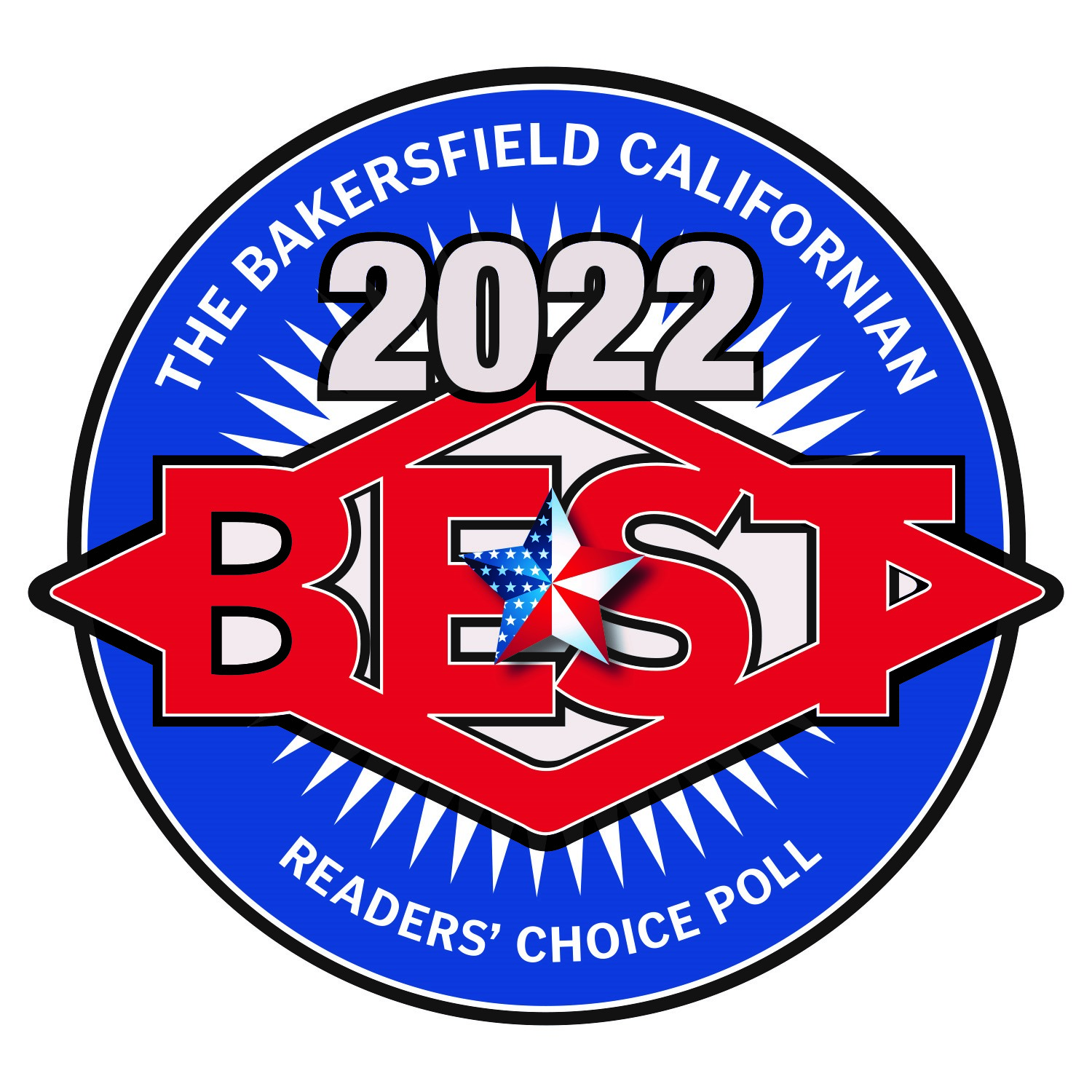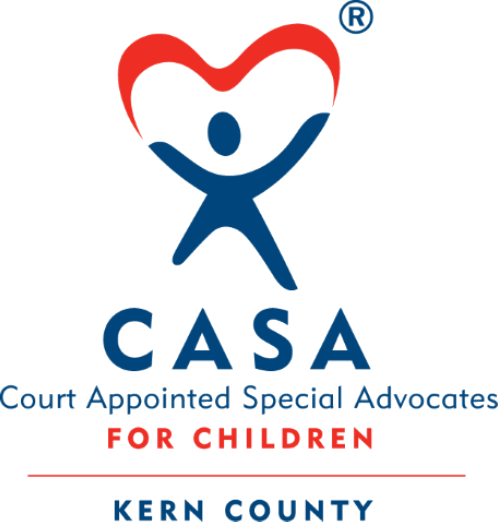If you have any comments about our articles you can email Richard Bowen, CPA
Property Management: Accounting for Trust Funds
Disclaimer
While I have been working with property management and real estate companies for several years, I am not a real estate agent or broker. I have done all of the studying required to become a broker, but have not taken the tests to receive my license because it would put me in competition with many of my clients. This would also likely create a conflict of interest that would affect my CPA licensing. While I am knowledgeable on the subject and will cite rules and regulation it is important for you to do your own research and contact the governing boards that affect your specific company.
One of the many resources that I am using to write this article is the California Department of Real Estate Commissioner Regulations. Specifically, sections 2831, and 2832 referring to trust account reconciliation, trust fund handling, and documentation.
What is trust accounting?
If you are new to property management, whether you are a property manager, receptionist, bookkeeper, onsite manager or work in any other aspect related to the field, understanding what a trust account is will help you understand how the entire industry revolves around this resource.
The simplest description is that a trust account a is a bank account that contains funds, in trust, that belong to multiple people. The idea of 'in trust' has to do with the agency relationship that exist in most real estate transactions. Most real estate purchases and sales occur using an escrow company, which will hold and distribute funds that belong to the parties involved in the transaction. Property management companies are unique in that they do this themselves instead of outsourcing it to an escrow company.
If you manage 300 properties for 200 different owners, then you will have money that belongs to 200 different people in your trust account. Since all of this money is in a single (or multiple) bank accounts, the act of keeping track of how much of the money belongs to who, is called trust accounting.
The agency relationship is derived from contracts between the owner of the property being managed and the managing broker. This contract gives the property management company(the broker) specific authority to act on the behalf of the property owner. The whole point of property management is for the broker's company to manage the real estate for a fee so that the owner does not have to. This means that any funds being held by the property management company on behalf of the owner does not belong to the management company and is, in fact, a liability to the company (money owed to the property owner).
Understanding, which properties and/or owners within the trust account have money, liabilities, and transactions is the key to understanding how property management works. Nearly every aspect of the property management process involves the trust account. Tenants pay rent into the trust account, repairs and utilities are paid out of the trust account, owners put money into the trust account for liabilities, and owners get paid from the trust account.
Trust fund accounting software
You can accomplish trust fund accounting using specialized accounting software like AppFolio, Yardi, and QuickBooks. There are a plethora of property management specific accounting soft wares, but I must warn you that the three I listed are some of the best, and very expensive. If you choose a cheaper software, generally the quality is lower, and the reporting functions might not meet the criteria required by your state's Department of Real Estate. In the course of doing trust fund accounting for property management companies I have worked with several different software solutions that do not meet the minimum legal requirements for trust fund accounting and reporting, so be careful.
Clearly identify the owner of the money
The entire concept of trust accounting is to accomplish one goal... 'Who does the money belong to?' All of the DRE regulations, and practical information relate to this one topic. When dealing with rents received, bills paid, owners paid, and bank reconciliations, the main question will always be, of the total lump sum in the bank account, how much of it belongs to a certain person or property.
Understanding this concept will help you get to the bottom of a host of outstanding questions, regardless of whether you are a property manager, accountant, or broker. Always returning to this question can help you organize your thoughts when trying to solve complex issues related to cash flow in your trust account, and bank reconciliations.
Example: If you have $5,000 in a trust account and you have 4 properties that each have a balance of $1,000 each, and 1 property that has a cash balance of $900, you goal will be to find out who the remaining $100 belongs to, account for it, and document it.
#1 Most common violation: Negative cash balances
The number one trust accounting violation is allowing a propertys cash balance to become negative. This is possible because there is generally a lot of money in the trust account even though the specific property does not have enough money. This commonly happens because a check written by a tenant has bounced (been returned by the bank Non-Sufficient Funds), but you have already spent the money, or you spent more money than you had on accident. Regardless of the reason, this is the number one trust fund violation.
In essence, you have allowed one property owner to borrow funds from all of the other property owners' whose funds are contained in the trust account. This cannot be done without a written agreement, and in some states is completely illegal. You cannot have a blanket written agreement to allow this, and most owners would not sign it if you had one.
The only remedy is to replace the money immediately. Either have the tenant give you a new form of payment (money order, cashiers check, or other cash equivalent), have the owner send you money to correct the imbalance, or the broker can loan funds to the property. During an audit, this violation will cause you to be cited.
Because this is the number one trust violation issue that property management companies run into I want to show you the exact text from the Commissioner regulations section 2832.1 regarding the subject. 'The written consent of every principal who is an owner of trust funds in the account shall be obtained by the real estate broker prior to each disbursement if such a disbursement will reduce the balance of the funds in the account to an amount less than the existing aggregate trust fund liability of the broker to all owners of the funds.'
In case you missed the point, they are making it virtually impossible for a property management company to accomplish this unless their company is very small, and they have very few property owners to deal with. Also, as I said earlier, what property owner would freely allow another relatively anonymous owner to borrow their funds held in trust? Very few that I know of. The point is that negative balances are a violation, and there is really no other way around it than to put the money back.
#2 Most common violation: Not Reconciling
The number two trust accounting violation is not preparing bank reconciliation in a timely fashion. Bank reconciliations allow you to see what has occurred in the trust bank account and match that to your accounting records. If you do not reconcile your bank account you might not; detect stale dated checks (checks that have not cleared the bank for a long period of time, which need to be stopped and reissued), bank fees that affect the trust account balance, checks that cleared the bank incorrect amount that does not correspond to the accounting system, deposit corrections that could affect property cash balances and tenant ledgers, and many other accounting issues.
Regulation 2831.2 states that bank reconciliations must be completed once per month unless there was no activity in the trust account. The more often you look at and reconcile your trust account, the less likely you are to have negative property cash balances. Not reconciling your trust account is a violation because failing to detect cash related issues and differences between the bank and accounting system is considered negligence in both broker management and reporting.
#3 Most common violation: Not depositing funds on time
The number three trust accounting violation is not depositing owner funds in a timely fashion. The regulations state in several places that you have 3 days to deposit funds that were received in trust for an owner. These are business days, so funds received on Wednesday, need to be deposited by the following Monday.
If you receive funds on behalf of a property owner for rent, utility refund, unpaid charges, vendor refund, or from the owner to pay expenses you have 3 days to deposit those funds in the trust account. Regulation 2832 makes this very clear.
The reason this is so important is because generally funds received are booked in a short period of time. Booking refers to making an entry in the accounting system that the funds have been received. When you make this entry, it will generally give the property credit for the funds and allow you to spend the money. If you do this and do not actually put the money in the bank you can be spending money that the property does not actually have to spend. This is the same as trust fund violation number one.
The second to worse violation... Comingling!!!
Trust funds do not belong to the broker or the brokers corporation. They are monies owed to their clients. For clean reporting, company structure, and to comply with regulations, broker funds are not allowed to be put into the trust account, accept for $200 which is used to pay bank fees. Putting company (broker) money in the same account as money held in trust is called comingling. As you can imagine from the use of the word 'mingle', it causes all sorts of problems with clean record keeping and trust fund liability, and that is why it is a violation.
All company related income and expenses should be deposited to and paid from a company owned bank account. They should never be combined, or comingled, with the trust account. The easiest and most common way to accomplish this is to have separate bank accounts. Different accounts, account numbers, checks and deposit slips.
Generally, I should not have to state this, but the reverse is also true. The broker cannot borrow money from the trust account for company purposes, or take funds and deposit them in non-trust accounts. This is conversion, which is the legal word for theft. Even if the money is returned promptly, it is considered a violation of trust accounting regulations.
The Mother of all violations... Conversion!!!
Conversion is the legal word for theft, and refers to a circumstance when trust funds are either deposited into a non-trust bank account (usually owned by the broker), or a funds are disbursed from the trust account on behalf of the broker (trust funds are used to pay for the brokers office lunch). Even if this occurs by mistake it is the worst violation that can occur. This is essentially stealing from your clients and proper controls should be set in place to make this nearly impossible.
A broker that is found to be guilty of doing this will certainly be cited, and if it is considered purposeful, they will likely lose their brokers license. All proper controls should be put into place to ensure that this does not occur, and if it does occur, that it will be detected and corrected quickly.
The purpose of most audits is to determine that the trust account liability is correct, and to detect possible conversion by brokers.
Who can sign checks?
Regulation 2834 states that funds can only be withdrawn by the broker, a real estate agent licensed to a broker, or an unlicensed employee of the broker with fidelity bond coverage equal to or more than the trust fund liability. Generally, only the broker or a licensee can be a signor on a trust account. If you have anyone else sign trust account checks, they need to have a fidelity bond.
As a note to this issue, it is important that people in the accounting department of a property management company who input invoices, should not have the power to sign checks. This is not an actual violation, but it is a failure in controls, giving one person the ability to defraud the property owners. It is generally done for convenience, but often times convenience needs to be set aside for the purpose of proper controls.
Name of the Broker as Trustee
This varies from state to state but the principle applies in all states. The funds in the trust account do not belong to the broker. They are a liability to his clients that he has an agency relationship with. Thus, these funds should not be subject to the brokers debts. If the broker is sued then the trust account should not be attached. If the name of the trust account is not correct the account can be attached.
The bank account should specifically refer to the broker (or fictitious business name if licensed that way) as trustee. This alerts the bank that it is a special type of account, and others that the funds do not belong to the broker.
This is a very small thing that can help avoid very big problems. If trust funds are seized due to a court ruling or debt collection, the broker has technically violated trust law by creating negative cash balances, and also committed conversion, by allowing funds held in trust to be used to pay their personal debts.
FDIC Insurance on Trust Accounts
In general, funds held in an FDIC insured bank, which is most of them, are insured up to $250,000. This means that if the bank goes bankrupt, or for some reason does not have the available funds to give you the money, the Federal Deposit Insurance Corporation (FDIC), will give you the money that you are owed. This is a major issue, because the money in a trust account does not belong to the broker, and is a liability to the company. The good news is that the FDIC insurance limit for 'fiduciary account' (trust accounts), is equal to $250,000 per owner represented in the trust account. Which means that each owner has the same protection as if their money was in an individual account.
The magical 25 day rule
In general, any outstanding issue that arises, like a negative trust fund balance, unaccounted for bank fees or corrections, or excess broker funds that are accidently deposited into the trust account, must be remedied within 25 days. There are other more detailed issues that do not constitute a violation, that also need to be taken care of within 25 days, and that is why it is a magic number. This is one of the reasons why bank reconciliations need to be done every month, and in some cases proper controls would dictate that we do a mid month reconciliation.
Non Interest-Bearing Account
In most states you cannot earn interest on a trust account. In the states where you are allowed to do this, generally you must give the interest to the property owners in proportion to their daily cash balances. This is a nightmare to calculate and account for, and is generally not good to do, even if it is legal. The more manual entries you have to make, the more likely you are to make mistakes and cause a misstatement in the trust account cash balances.
Record keeping
Record keeping and documentation is how the company proves to the DRE and other governing boards what has occurred in the trust account if the company is audited. You must have a record by property and by date in columnar format to show all deposits and disbursements. These do not necessarily need to be printed and stored. They can be kept in your accounting system as long as physical copies can be produced on demand by the governing bodies.
You must keep copies of all deposit slips, and returned checks. Most banks make this very easy by providing a copy with your bank statements. The records must also provide a chronological journal of all transactions in the trust account, commonly known as the cash general ledger.
You must also keep copies of all bank statements, and reconciliation worksheets. Included in these worksheets should be a reconciliation that matches the balances of each property to the ending reconciled balance of the bank account. This is one of the hardest reports to produce. If multiple trust accounts are used, then separate records must be kept for each account.
Notes:
Most information from this article was pulled from the California Department of Real Estate Commissioner Regulations found here. If you are a broker or an accountant for a property management company, you should be very familiar with this document.
You may want to take a look at the California Department of Real Estate 'Guide for Trust Accounting', and the '10 Most Common Violations Found in DRE Audits'
Many real estate brokers own properties in addition to managing properties for their clients. The Broker's funds are not allowed to be included in the trust account, even if it is a corporation. This is considered comingling.









